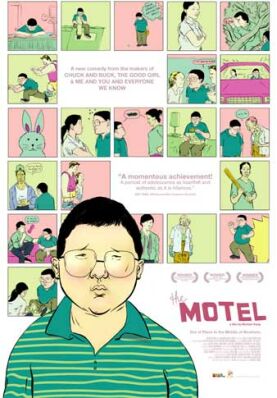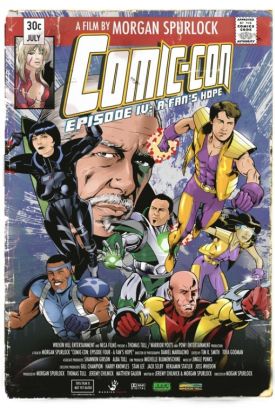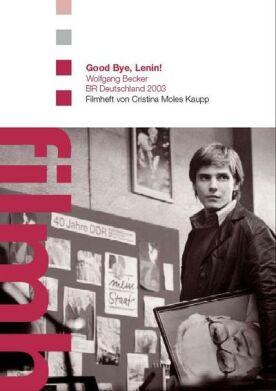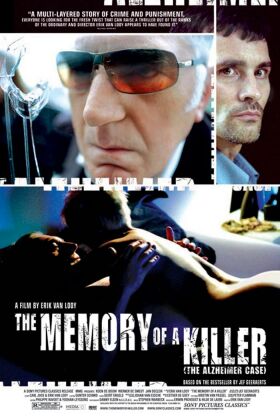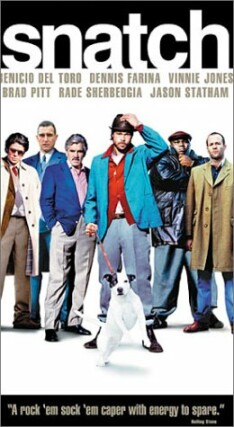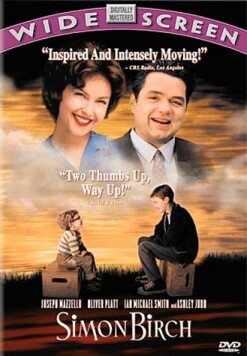Motel, The
Based on a novel, Waylaid, by Ed Lin, The Motel is written and directed by Michael Kang. It tells a rather slow-moving but interesting coming-of-age story set in a sleazy motel, but it’s also a coming-to-America story of immigrant aspirations and a family drama. It is well worth a look. I was particularly impressed by the performaces of Jeffrey Chyau as 13 year-old Ernest Chin and Jade Wu as his single mother, Ahma, and the difficult relationship between them. This is made more difficult by their economic circumstances and the absence of Ernest’s father, who must have been quick to abandon Chinese family values in favor of the pursuit of happiness, American-style. Now, in the motel they own and operate, his family are forced to scrape a living by catering to other sexual transients at the motel — an irony that is perhaps not altogether lost upon young Ernest. “You’re a mean, ugly old lady,” he says to his mother at one point in the continuing tug-of-war between them, “and you make everybody go away.”
The idea of putting Ernest’s sexual awakening from childish innocence against the backdrop of the motel is a fruitful one. His little sister Katie (Alexis Chang) asks her mother, “How come people stay at our house?”
“Because they can’t go home.”
“How come they only stay for an hour?”
“They come to take a nap.”
“How come they are so loud when they take a nap?”
Ahma wants something better than the motel for Ernest and expects him to work hard in school. But he isn’t interested in much except for writing, and writing seems to her to implicate him too far in American culture, the dark underside of which she both profits from and despises. When Ernest wins honorable mention in a story-writing contest, his mother refuses to let him take part in the awards ceremony. Honorable mention is worse than losing, she says, because then everybody knows you lost.
Ernest feels stigmatized because he has to work in the family business by cleaning motel rooms and manning the front desk when necessary, but these jobs also put him in touch with new and exciting realities lurking just beyond his ken in the adult world of which he lives on the very edge. Finding a porn magazine called Oriental Women left in one of the rooms, he shares it with his friend, the slightly older Christine (Samantha Futerman), but to both of them the magazine is little more than a curiosity. “That’s disgusting,” says Christine looking at the pictures. “Let’s check it out.”
Sam (Sung Kang), a young Korean, arrives at the motel for a brief encounter with a sexy girlfriend but stays on as a longer-term resident. Sam smokes and drinks and has a fast car and a cell phone as well as a girlfriend. He represents to fatherless Ernest the glamorous world of the adult male as it seems to a 13-year-old. Sam is also short of money, and Ernest steals from the family’s funds in order to support his lie to his mother that Sam has paid for his room. Meanwhile, in an off-hand sort of way Sam has begun to take Ernest under his wing and teach him the sort of cynical and unsavory life-lessons that we might expect from such a man. “The first noble truth of Buddhism is that life sucks,” says Sam, combining their common Asian heritage with an unmistakably American-style popular brutalism. “There comes a time in every man’s life when he has to make a decision. If he has any cojones, he will think of himself first.”
This Ernest parrots back to his mother, except that in place of cojones he says canolis, thus extending the multicultural range still further.
Sam teaches Ernest how to drive his car and, deciding that it’s time for Ernest to get laid, suggests that he take Christine out in it. Ernest tells her he wants to take her to the awards ceremony, but he pulls over along a deserted road to make a predictably disastrous sexual advance. “I just want to prove I’m a man,” he says when she pushes him away.
“You aren’t.”
“Well, I’m trying.”
“Try with someone else.”
At one point Sam remembers his own happy life up until the age of 12 and wishes he had died then. Gradually Ernest realizes that, beneath Sam’s manic hedonism and apparent savoir faire there lurks a pit of despair that makes his own dull and unhappy life at the motel look like a paradise by comparison. For him and for the movie, childhood is gone. What lies ahead is as uncertain as ever — but far more scary. So, not a feel-good movie then. But neither is it without a certain charm.
Discover more from James Bowman
Subscribe to get the latest posts to your email.

